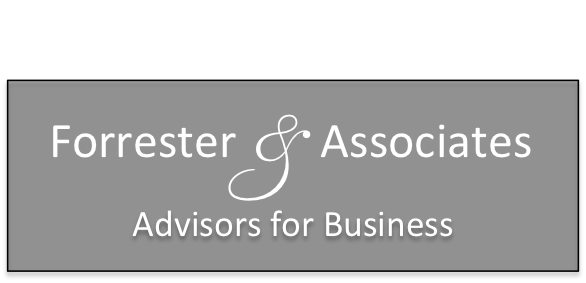While statistics vary, most human resource professionals would agree that nearly half of all new hires will fail within 18 months of being hired. Of those that do fail, most will fall short of expectations because they lack self awareness, awareness of others, self management and/or interpersonal skills. Using the current vernacular, they will fail because they lack emotional intelligence: EI or EQ.
The cost of a failed hire, measured in dollars, is easily well into the thousands and that includes none of the opportunity cost associated with an employee performing at a substandard level and adversely affecting employee morale, customer relations and/or company programs. Not only is the problem widespread, it is costly.
So what’s to be done? Clearly, no sure-fire recruiting method exists but, as business leaders, shame on us if we don’t strive to improve results. Here’s a suggested approach.
For any truly important position beyond entry-level, the hiring manager and his/her team should identify how the new employee will add value to the organization. What’s more, the team should rank the importance of this role within the department and within the organization, noting that one’s place on the organizational chart may or may not prove indicative. Consider the sales representative who covers the company’s most critical account or the project manager responsible for bringing a game-changing product to market on schedule and on budget. Titles often mislead.
Having determined the importance of a position in terms of the value it adds, the team should turn its attention to the critical performance indicators and, of course, the job description. What must a new hire bring to the table in terms of technical skills and, perhaps more importantly, soft skills… and since the perfect candidate always eludes us, the team should force-rank the needed skills.
The hiring manager with the help of his team must then turn his/her attention to the hiring process and here’s where companies make countless mistakes. Rather than parade candidates through the office and engage them in a series of perfunctory interviews masquerading as due diligence, why not put together a formal, one-day assessment program that would include all top candidates, each of whom would engage in:
- Individual, one-on-one interviews where the interviewers pose questions from a well vetted list;
- A case study, introducing a challenging, hypothetical, but realistic, ethical problem and requiring a solution by the day’s end;
- A writing sample, completed on site, about a personal passion or success story that has relevance to the open position;
- Individual presentations highlighting the candidate’s greatest professional achievement and summarizing his/her qualifications for the job; and
- A social outing, e.g., lunch, cocktails and/or dinner where the candidates interact with the hiring team and one another.
Such a program will enable the hiring team to develop a more holistic view of each candidate and to compare the candidates to one another. For example, how did each candidate handle the ethical dilemma presented? What did the team learn about each candidate’s communication skills? Who handled the social setting most effectively? Who was most engaging? Who appeared most genuine?
Putting together a daylong assessment requires the team to develop a robust list of interview questions, a challenging and relevant ethical issue with no clear solution and a schedule free of any conflicts for the assessment team members. Team members must also allocate time in advance to review resumes, LinkedIn pages, social media, etc. and develop their own strategy for questioning.
Done properly, an assessment day will enable the hiring manager/team to sharpen their focus and more effectively evaluate each candidate vis-à-vis the others. Ideally, at the end of the day or evening, the team will reconvene to review the day’s activities, discuss the candidates and determine who, among them, represents the best fit for the open position, the team and the company.
Of course, background and reference checks remain important and here, too, the hiring team should come together and, using information gleaned from the assessment, jointly develop questions for candidate references. This writer believes that the hiring manager should personally conduct the reference checks rather than delegating the task to one for whom the hiring decision has less importance.
Clearly, there is no definitive calculus for hiring professionals but the above approach has proven effective and will doubtless continue to improve new-hire decision-making. For starters, any candidate getting the nod at the end of the day will have demonstrated his/her emotional intelligence and, as suggested above, that’s more than half the battle.
